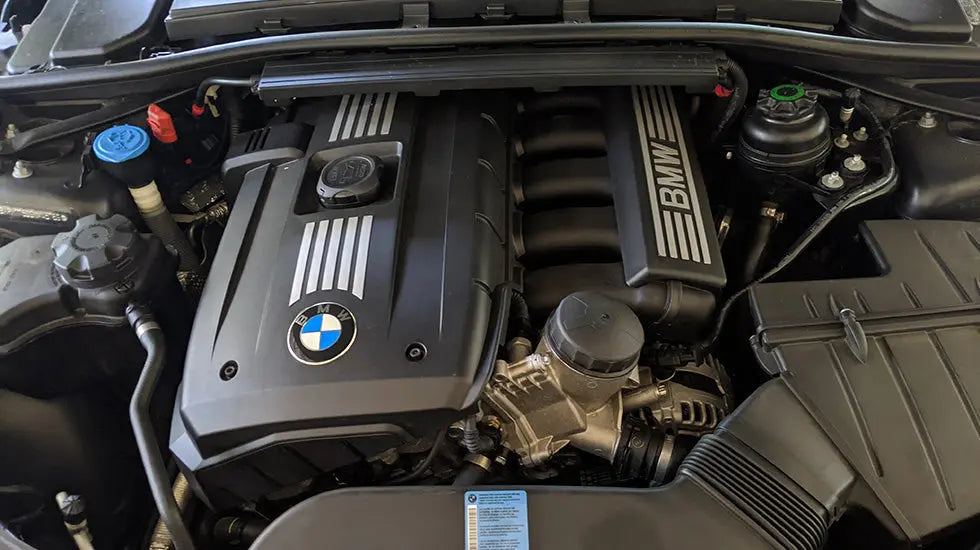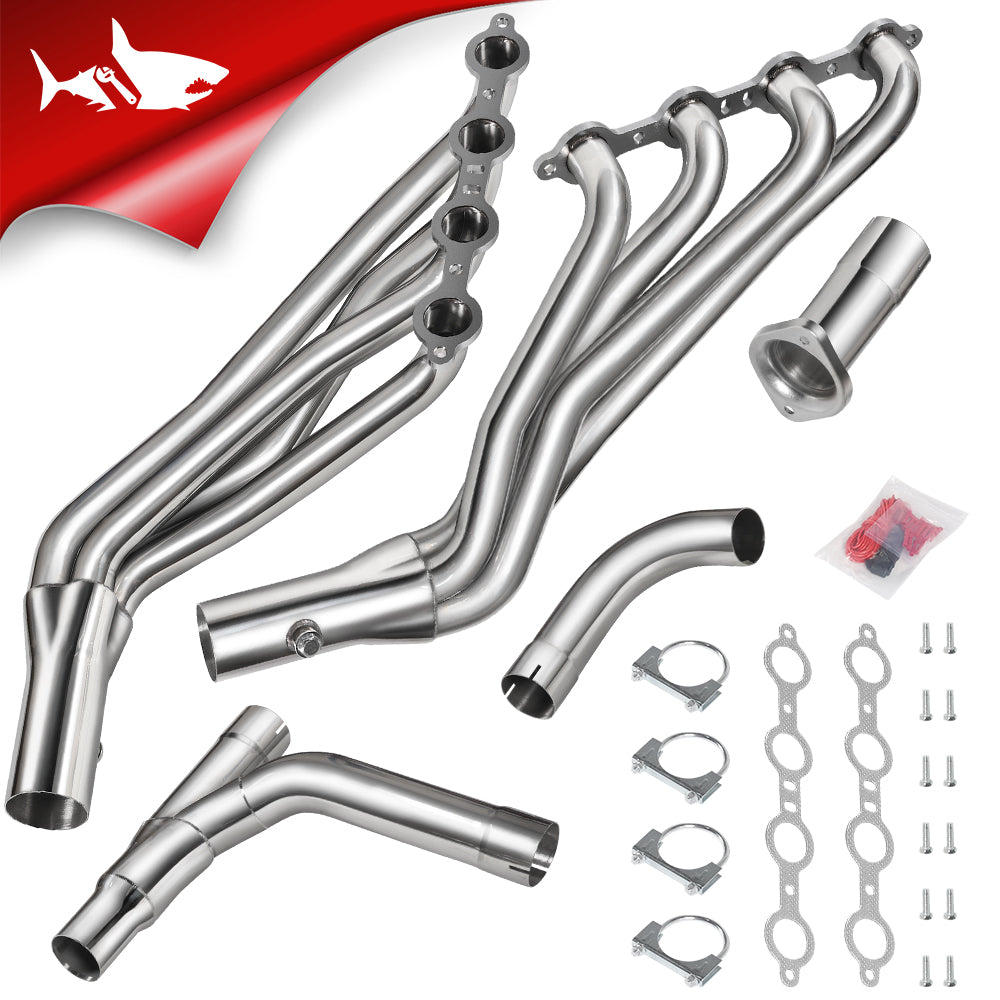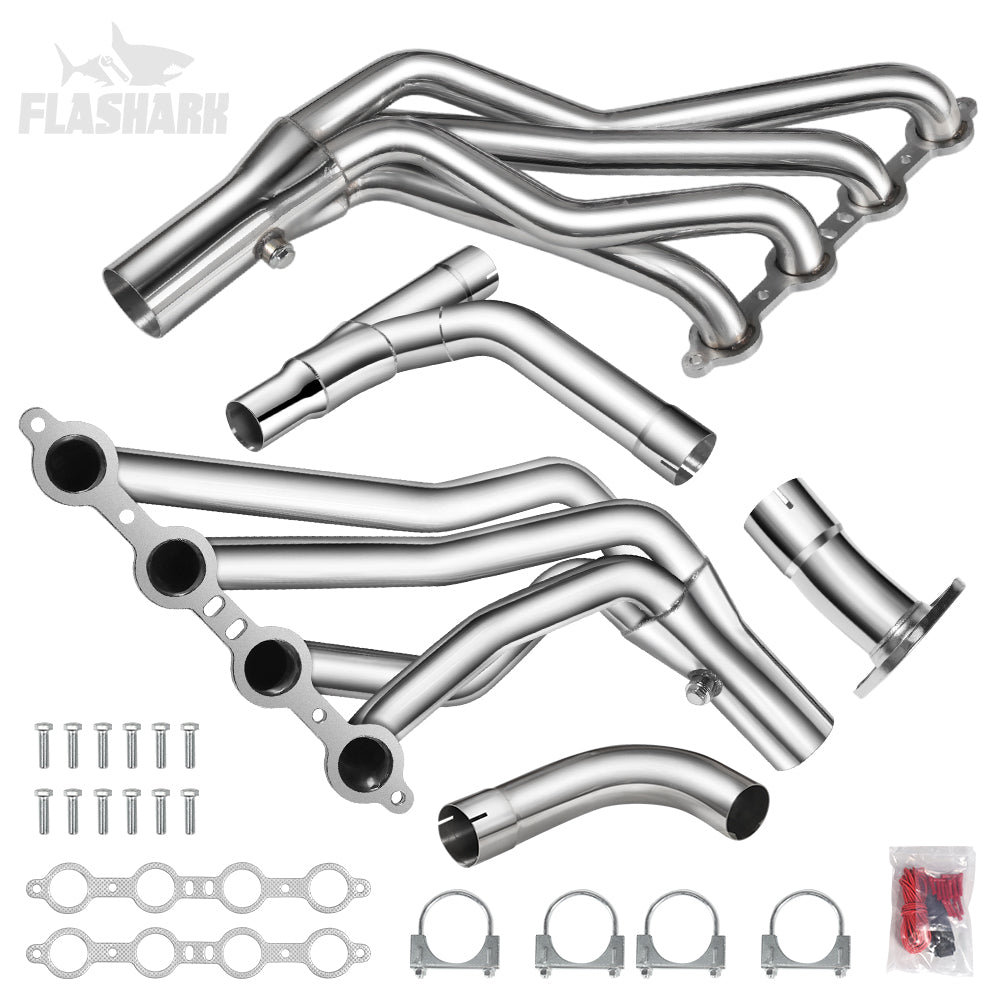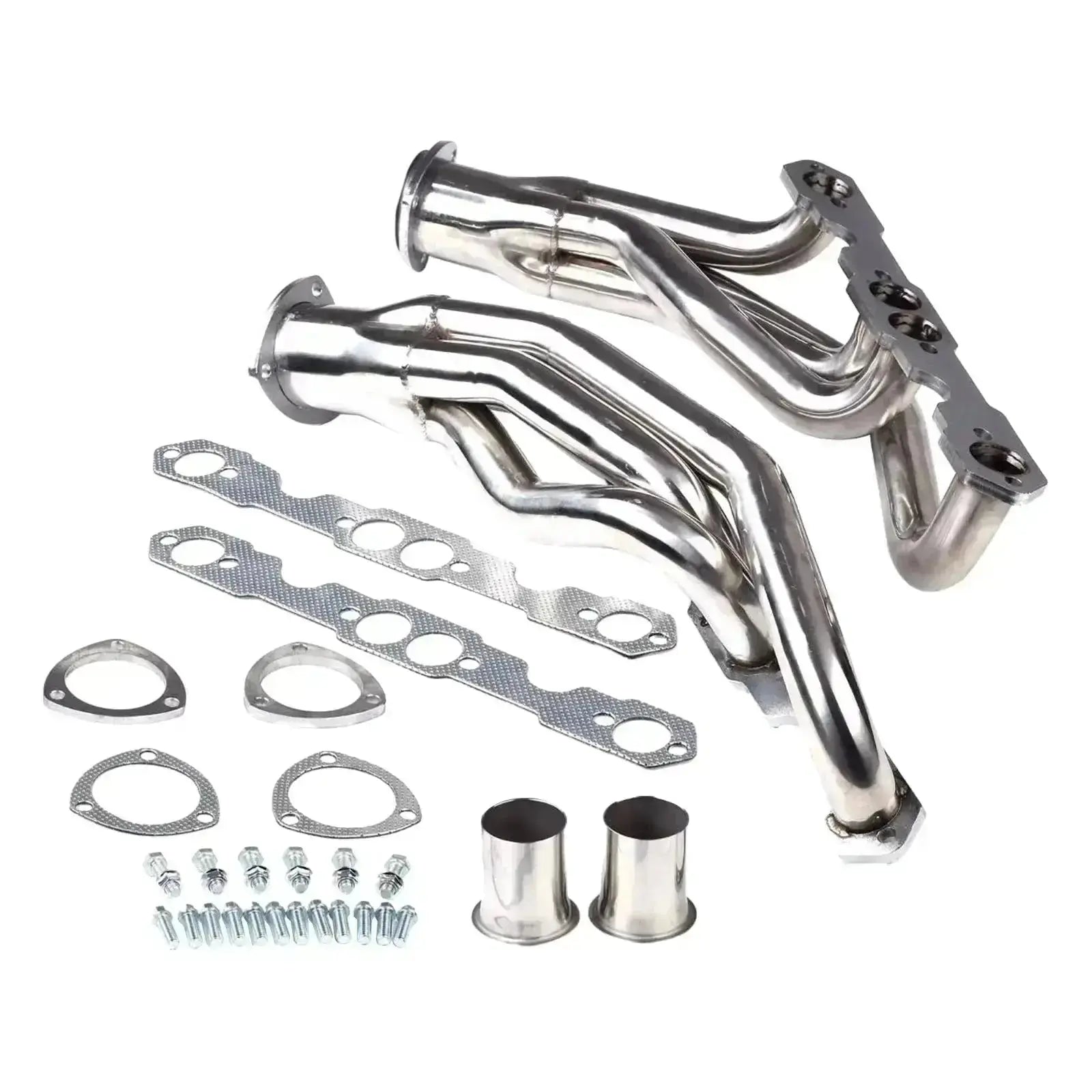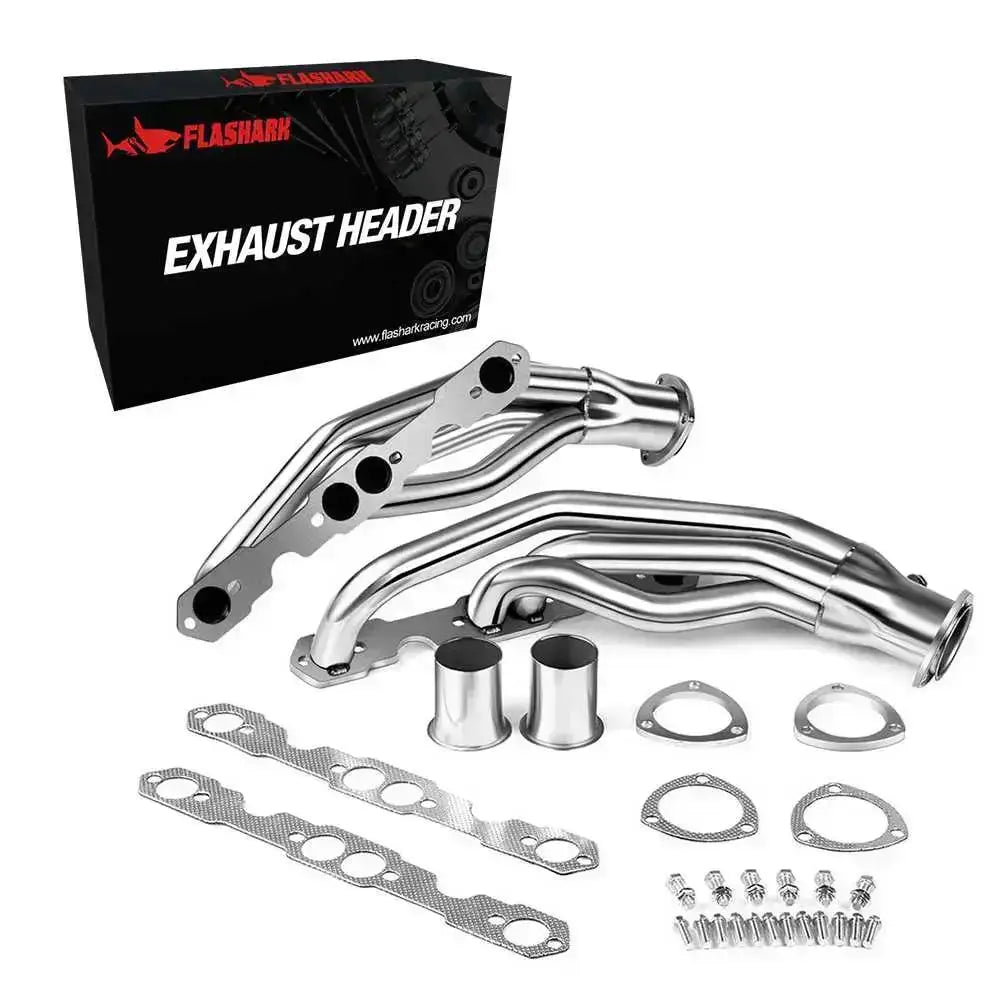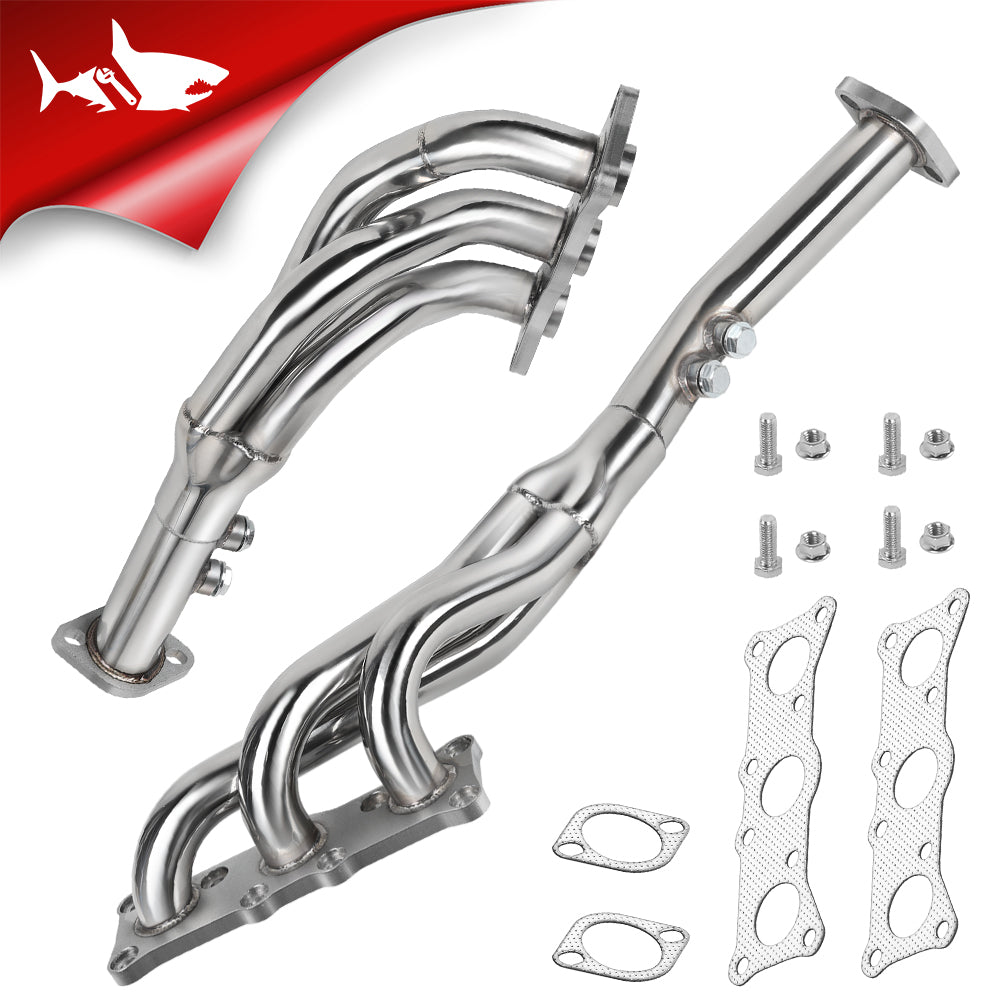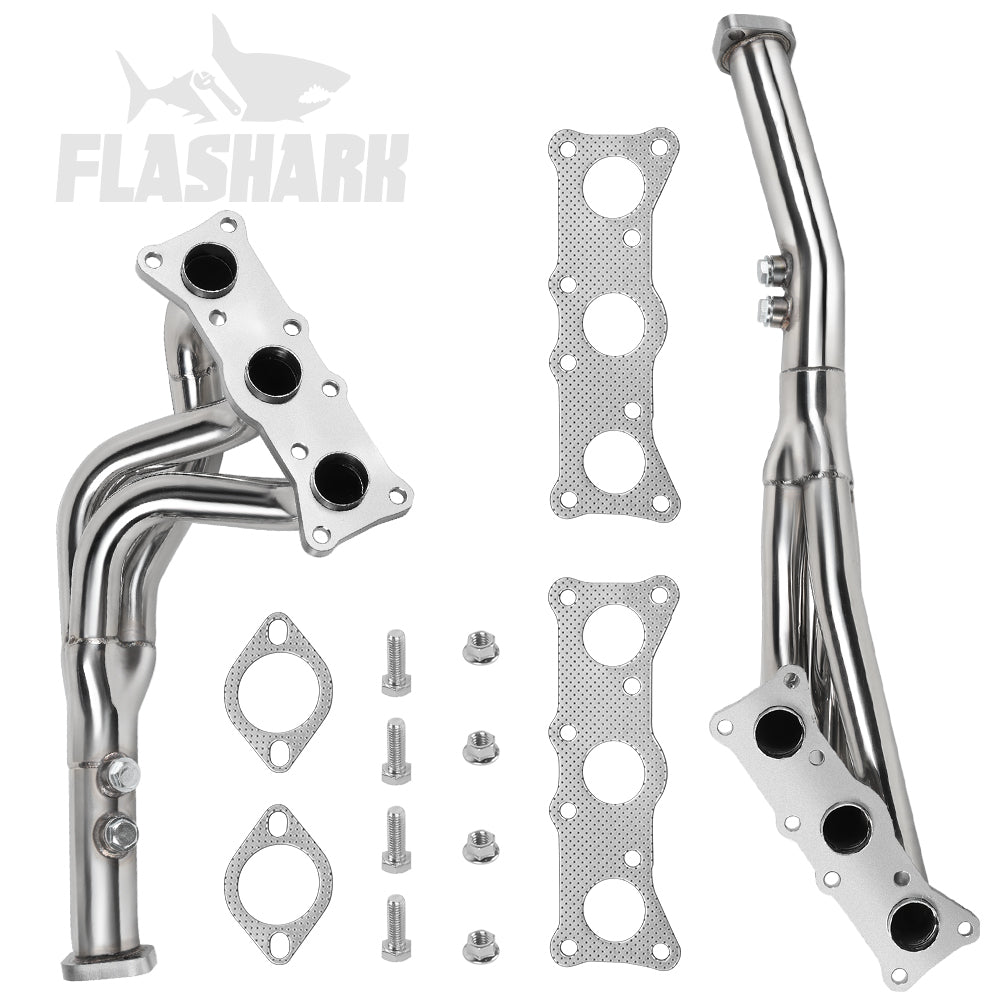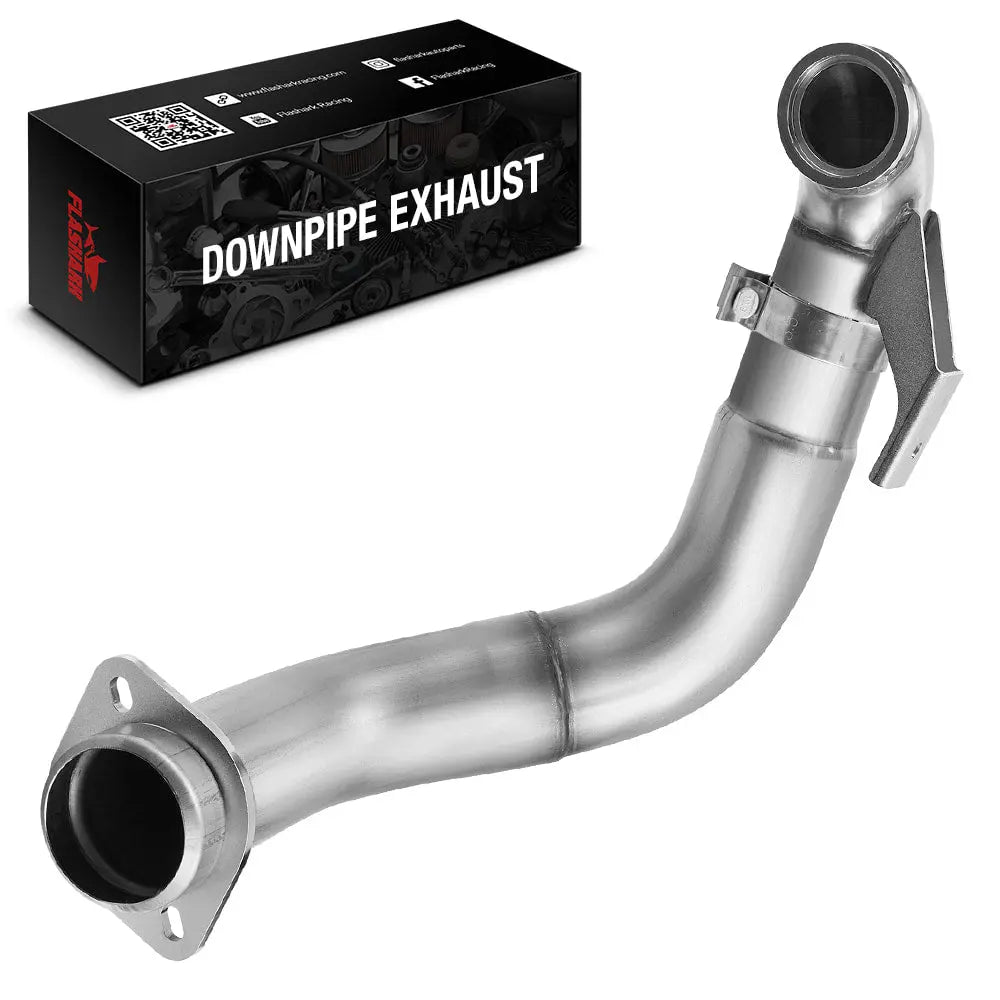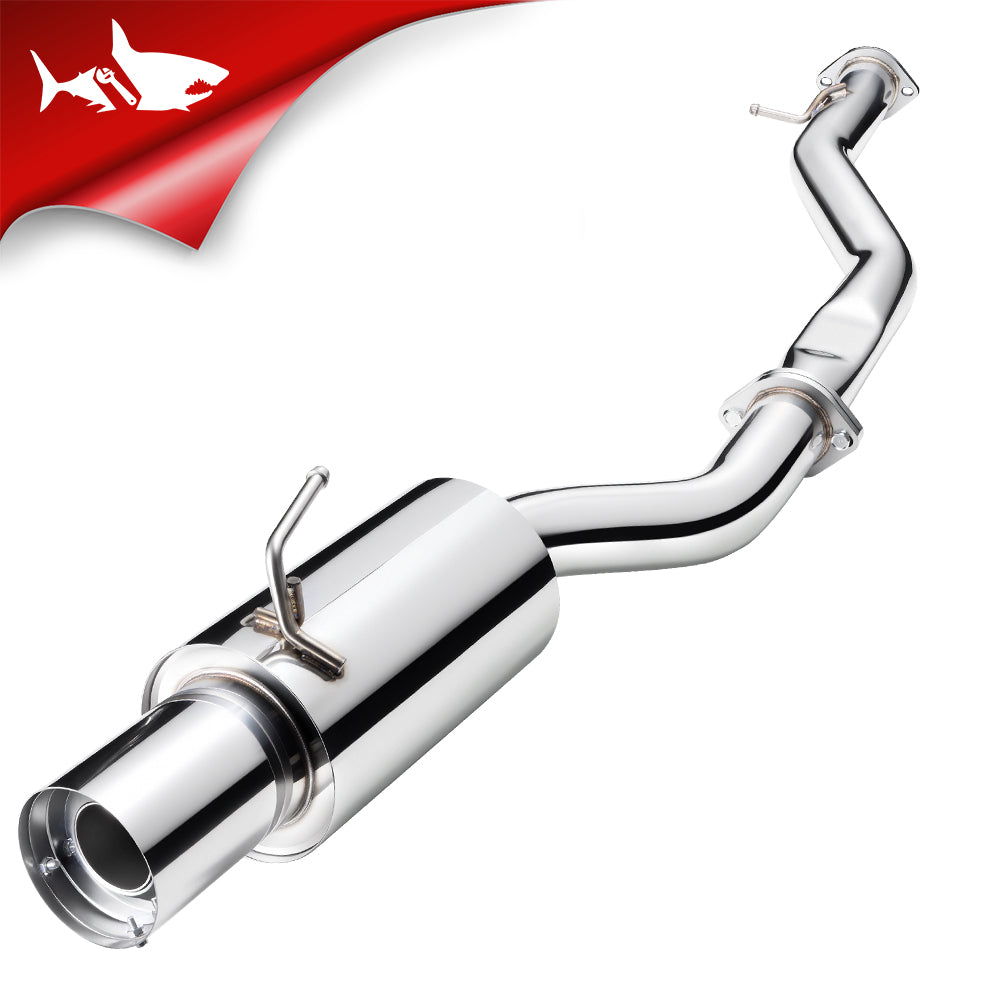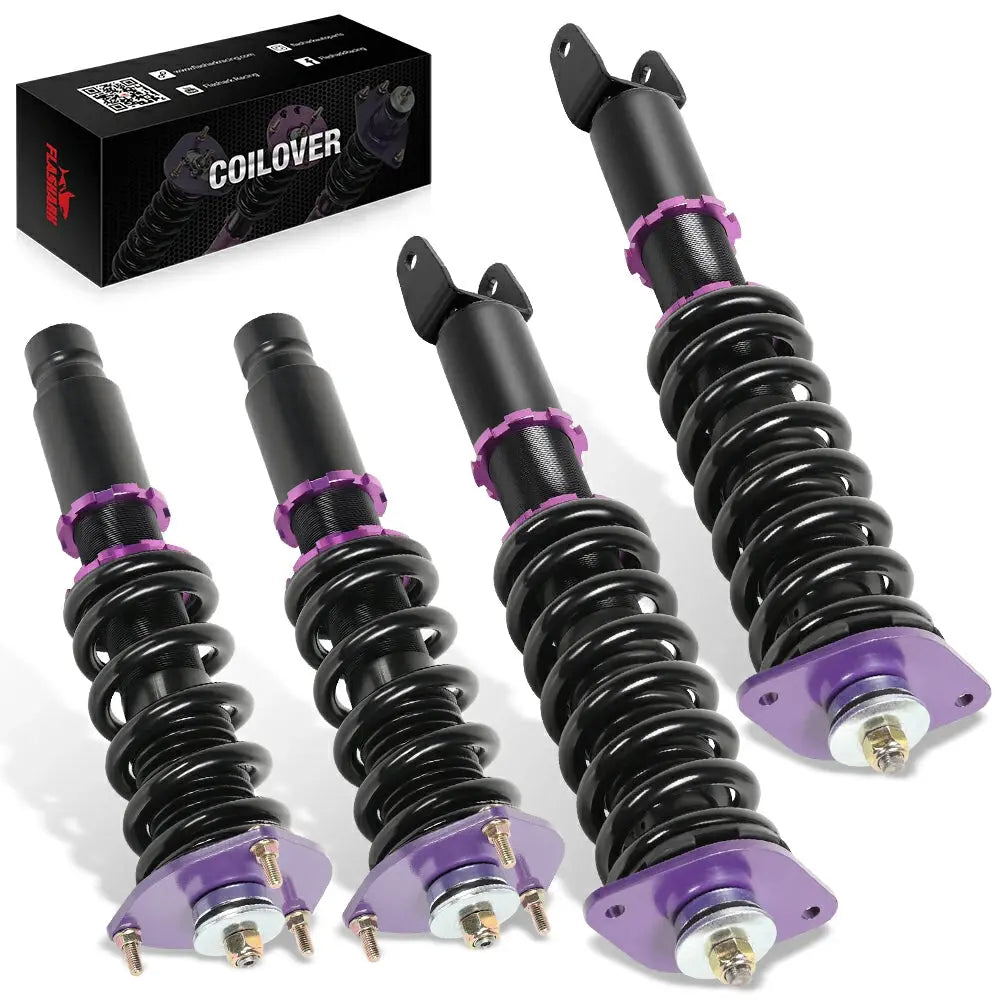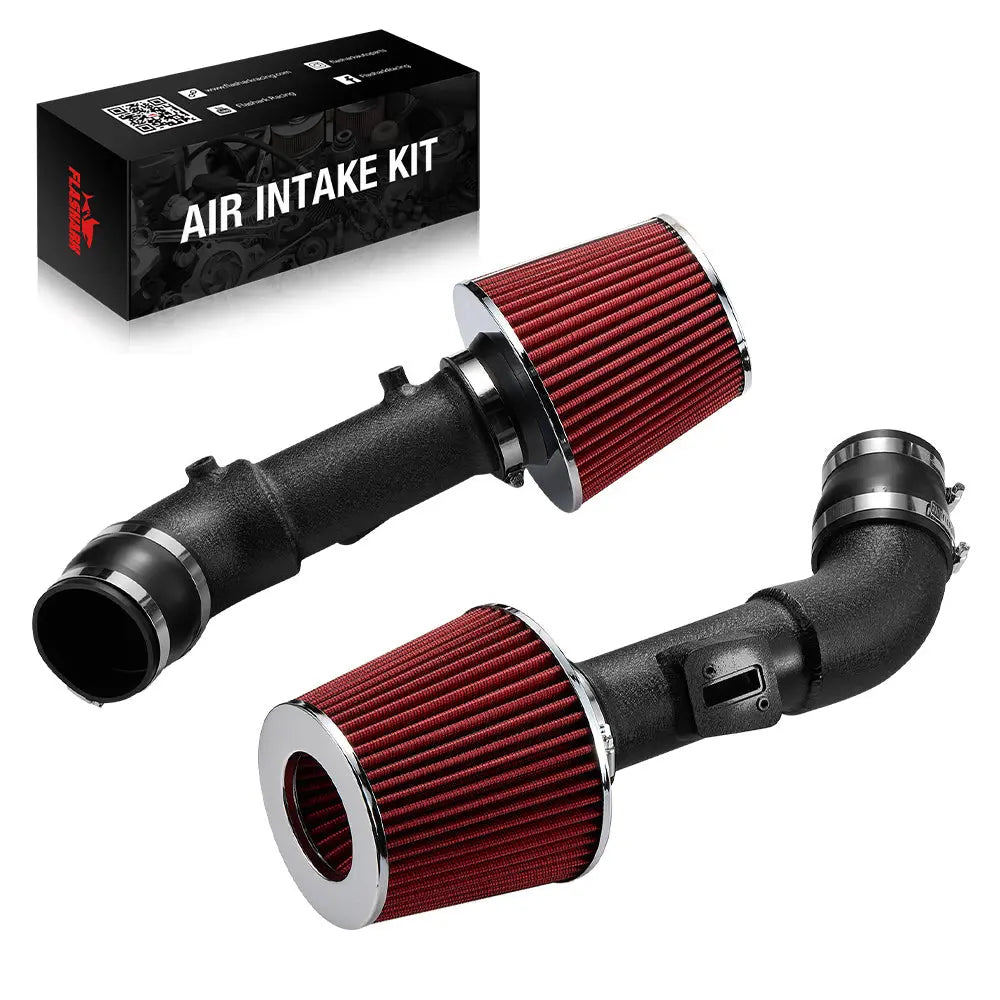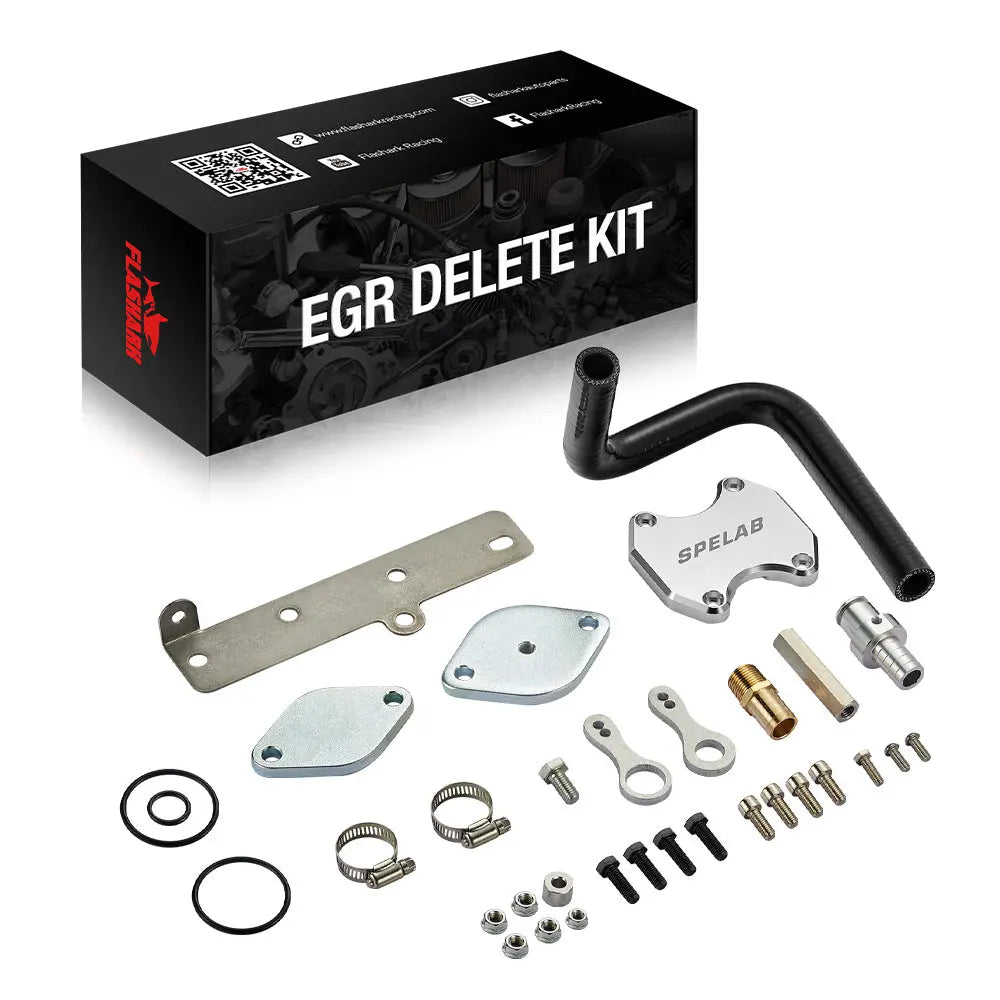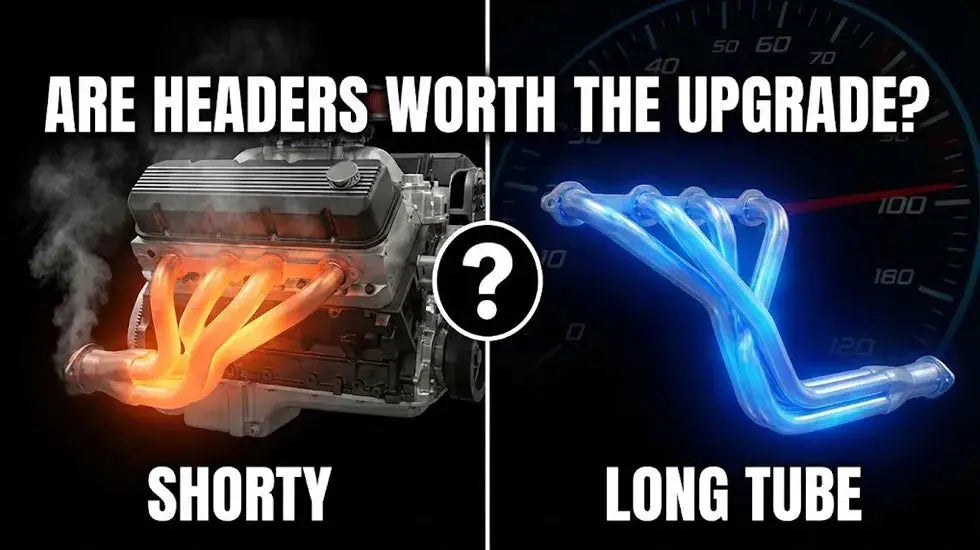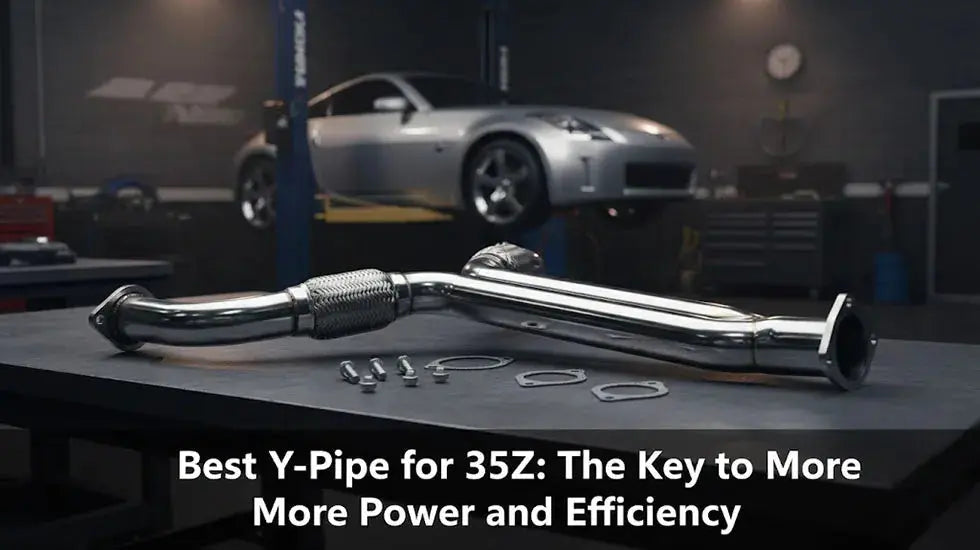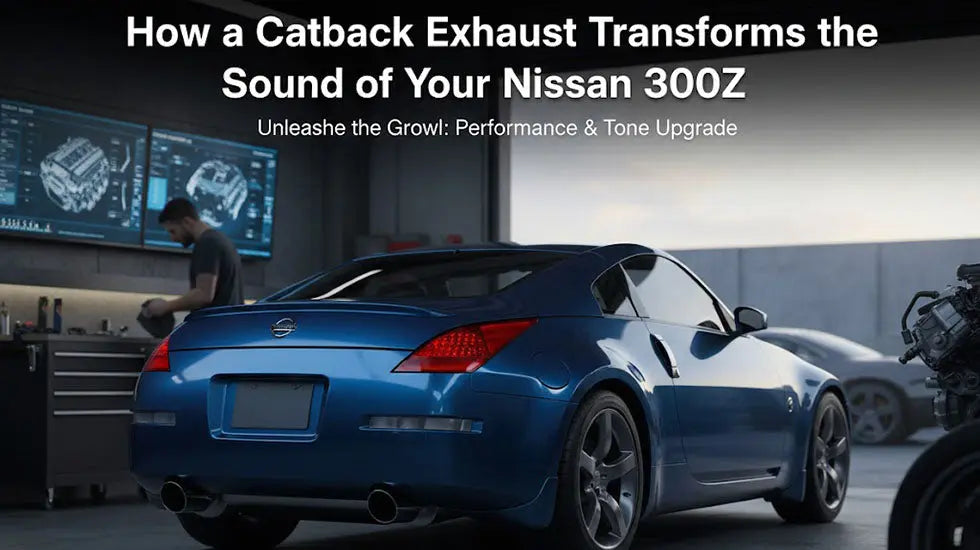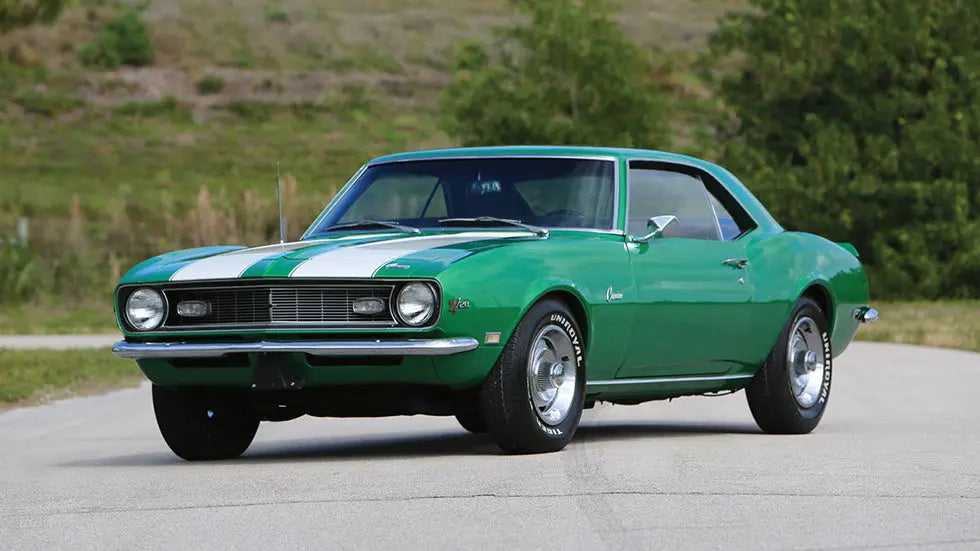El motor BMW N52, presentado en 2004, sigue siendo uno de los ejemplos más notables de la excelencia en ingeniería de BMW. Este motor de seis cilindros en línea y 3.0 litros se ha ganado una reputación por su suavidad, fiabilidad y capacidad de ajuste. En este artículo, exploraremos las características clave, los problemas de fiabilidad, el potencial de rendimiento y las opciones de ajuste del motor N52, especialmente la modificación de su colector de escape.
Introducción al motor BMW N52
El motor BMW N52 formó parte del compromiso del fabricante alemán con la producción de sistemas de propulsión de alto rendimiento y bajo consumo. Construido con tecnologías de vanguardia, el N52 es un motor de seis cilindros en línea de aspiración natural que ofrece un equilibrio entre potencia, eficiencia de combustible y durabilidad.

-
Año de introducción y finalidad : Lanzado en 2004, el motor N52 se convirtió rápidamente en uno de los favoritos entre los entusiastas de BMW gracias a su entrega de potencia suave y su ingeniería refinada. Se utilizó en una amplia gama de modelos BMW, incluyendo las series 3 y 5, el Z4 y el X3.
-
Materiales y diseño clave : Una característica destacada del N52 es el uso de materiales ligeros. El bloque motor combina aleaciones de aluminio y magnesio para reducir el peso y mejorar la eficiencia. Esta decisión de diseño contribuye a lograr una mejor relación potencia-peso y al equilibrio general del vehículo.
Especificaciones y características del motor N52
Al hablar del motor BMW N52, es fundamental comprender sus especificaciones y características principales. Estos detalles técnicos son clave para apreciar lo que hace único a este motor y cómo contribuye al rendimiento general de los vehículos BMW. El diseño del N52 equilibra potencia, eficiencia y durabilidad, convirtiéndolo en uno de los favoritos tanto de los entusiastas como de los conductores habituales.
Para aclarar estas especificaciones, aquí tienes una tabla que resume las características clave del motor BMW N52:
| Especificación | Detalles |
|---|---|
| Tipo de motor | Seis cilindros en línea, de aspiración natural |
| Desplazamiento | 3,0 litros (2996 cc) |
| Caballo de fuerza | Hasta 255 CV (varía según el modelo) |
| Esfuerzo de torsión | 220 lb-pie (varía según el modelo) |
| Diámetro x Carrera | 84 mm x 89,6 mm |
| Relación de compresión | 10.7:1 |
| Sistema de combustible | Inyección directa de combustible |
| Sistema de refrigeración | Refrigerado por agua con una bomba de agua convencional |
| tren de válvulas | DOHC, 4 válvulas por cilindro con Vanos y Valvetronic |
| Tipo de combustible | gasolina sin plomo premium |
| Norma de emisiones | Cumple con las normas de emisiones Euro 5/Euro 6 (varía según el modelo). |
| Peso | Aprox. 180 kg (varía según la aplicación) |
Fiabilidad y durabilidad del motor N52
El motor N52 se ha ganado una reputación de fiabilidad, pero como todo motor complejo, presenta algunos problemas potenciales que los propietarios deben tener en cuenta. Con un mantenimiento adecuado, el N52 puede ofrecer una larga vida útil.
-
Durabilidad a lo largo del tiempo : El motor N52 está diseñado para ser duradero. Los propietarios han reportado alcanzar un alto kilometraje, a menudo superando los 240 000 km, con un funcionamiento impecable. Su diseño robusto y la calidad de sus materiales garantizan que siga siendo una opción fiable durante muchos años.
-
Problemas comunes de fiabilidad : A pesar de su reputación generalmente sólida, ciertas piezas del motor N52 son propensas a fallar con el tiempo. Entre los problemas comunes se incluyen fallas en la bomba de combustible de alta presión, averías en la bomba de agua y el termostato, y fugas en la junta de la tapa de válvulas. El mantenimiento regular y la sustitución preventiva de piezas pueden ayudar a evitar estos problemas.
Problemas comunes del motor N52
Aunque el motor N52 es conocido por su fiabilidad, existen algunos problemas comunes que suelen aparecer, sobre todo con el paso del tiempo o al acumular un mayor kilometraje. Solucionar estos problemas a tiempo puede evitar reparaciones costosas más adelante.
-
Fallo de la bomba de combustible de alta presión : Uno de los problemas más comunes del motor N52 es el fallo de la bomba de combustible de alta presión. Esto puede provocar un funcionamiento irregular del motor, fallos de encendido o que se cale. Las revisiones periódicas del sistema de combustible pueden ayudar a detectar este problema antes de que se convierta en un inconveniente mayor.
-
Fallas en la bomba de agua y el termostato : El sistema de refrigeración del N52 es vital para su durabilidad. Con el tiempo, la bomba de agua puede fallar, provocando el sobrecalentamiento del motor. De igual manera, el termostato puede averiarse, causando una regulación incorrecta de la temperatura. Estos componentes deben inspeccionarse periódicamente y reemplazarse cuando sea necesario.
-
Fugas en la junta de la tapa de válvulas : La junta de la tapa de válvulas es otro punto común de falla. Cuando hay una fuga, el aceite puede filtrarse, causando derrames y pudiendo dañar el motor. Reemplazar la junta de la tapa de válvulas periódicamente es esencial para mantener la integridad del motor.
-
Problemas con el tensor de la cadena de distribución : Un tensor de la cadena de distribución desgastado puede provocar ruido en el motor y una sincronización incorrecta, lo que reduce el rendimiento. Asegurar el correcto funcionamiento del sistema de distribución es fundamental para el buen funcionamiento del motor N52.
Potencial de rendimiento y puesta a punto del motor N52
El N52 es conocido por su refinado rendimiento y su ágil respuesta al volante, pero muchos entusiastas de BMW también están interesados en optimizar el motor para obtener un mayor rendimiento. Ya sea para la conducción diaria o para su uso en pista, el N52 ofrece diversas posibilidades de personalización.
-
Características generales de rendimiento : De fábrica, el motor N52 ofrece un rendimiento sólido con una entrega de potencia suave y un par motor generoso. Destaca en la conducción diaria, proporcionando una marcha equilibrada y confortable. Sin embargo, para quienes buscan mayor potencia, el motor puede optimizarse para ofrecer un rendimiento superior.
-
Opciones de optimización : Los entusiastas del rendimiento suelen recurrir a modificaciones en la admisión y el escape, como tomas de aire frío , escapes cat-back , colectores de escape , catalizadores y reprogramación de la ECU, para obtener mayor potencia. Estas sencillas modificaciones pueden proporcionar mejoras notables en la respuesta del acelerador y el rendimiento del motor.
Modificación del colector de escape N52: Mejora de la potencia y el sonido
Mejorar los colectores de escape de tu motor BMW N52 es una de las maneras más efectivas de aumentar el rendimiento y mejorar el sonido. Esta modificación optimiza el flujo de escape, incrementa la potencia y puede darle a tu coche un sonido de escape más agresivo, convirtiéndola en una opción popular entre los entusiastas que buscan elevar su experiencia de conducción.

Beneficios de actualizar a colectores de escape de repuesto
La mejora del motor N52 mediante la instalación de colectores de escape de alto rendimiento ofrece varias ventajas en cuanto a su desempeño:
-
Mejora del flujo de escape : Los colectores de escape de repuesto están diseñados para reducir las restricciones en el sistema de escape, permitiendo que los gases salgan de manera más eficiente.
-
Aumento de potencia : Al optimizar el flujo de escape, los colectores de escape pueden liberar potencia adicional. La mejora suele ser notable en el rango de RPM más alto, donde el potencial de potencia del motor es mayor.
-
Mejor respuesta del acelerador : Con menor contrapresión, el motor puede responder más rápidamente a las órdenes del acelerador, lo que hace que la experiencia de conducción sea más ágil y dinámica.
-
Sonido de escape mejorado : Muchos propietarios de BMW optan por modificar los colectores de escape no solo para mejorar el rendimiento, sino también el sonido. Los colectores de escape de alto rendimiento pueden proporcionar al motor N52 un sonido de escape más profundo y agresivo, una característica muy apreciada por los entusiastas que valoran la experiencia auditiva de su vehículo.
Consideraciones a la hora de elegir encabezados
Si bien las mejoras en los colectores de escape ofrecen beneficios significativos, hay algunas consideraciones importantes a tener en cuenta al seleccionar los adecuados para su motor N52:
-
Ajuste y compatibilidad : Es fundamental elegir colectores de escape diseñados específicamente para su modelo y año de BMW. Los colectores que no se ajusten correctamente pueden causar problemas de instalación o, peor aún, afectar negativamente al rendimiento del motor.
-
Cumplimiento de las normas de emisiones : Dependiendo de dónde viva, los colectores de escape pueden afectar los niveles de emisiones del vehículo. Algunos colectores de escape no originales pueden no estar permitidos en ciertas zonas debido a normativas de emisiones más estrictas. Asegúrese de consultar la legislación local y de que los colectores de escape que elija cumplan con las normas de emisiones.
-
Calidad y materiales : No todos los colectores de escape son iguales. Preste atención al material utilizado (como el acero inoxidable o las opciones con recubrimiento cerámico) y a la calidad de fabricación general para garantizar su durabilidad y un rendimiento a largo plazo.
Teniendo en cuenta estos factores, podrá elegir los cabezales que proporcionen las mejoras de rendimiento deseadas, manteniendo al mismo tiempo el cumplimiento de las normativas locales.
Consejos de mantenimiento para propietarios de motores BMW N52
El mantenimiento del motor N52 es crucial para su correcto funcionamiento y para garantizar su durabilidad. Un mantenimiento regular no solo previene problemas comunes, sino que también mejora el rendimiento general del motor.
-
Cambios de aceite y revisión de fluidos periódicos : El motor N52 requiere cambios de aceite periódicos para mantener una lubricación adecuada y prevenir el desgaste. Utilice siempre el grado de aceite recomendado y realice los cambios de aceite en los intervalos sugeridos por BMW. Además, se deben revisar periódicamente los niveles de refrigerante y líquido de frenos.
-
Mantenimiento del sistema de refrigeración : El sobrecalentamiento es un problema común en motores antiguos. Asegurarse de que la bomba de agua, el termostato y el radiador funcionen correctamente es fundamental para prevenir el sobrecalentamiento y garantizar un funcionamiento eficiente del motor.
-
Mantenimiento del sistema de combustible y del sistema de distribución : Es necesario inspeccionar periódicamente la bomba de combustible de alta presión y el tensor de la cadena de distribución. Estos componentes deben revisarse para detectar desgaste y reemplazarse según sea necesario para evitar problemas importantes.
Conclusión
El motor BMW N52 sigue siendo una de las motorizaciones más destacadas del mundo de los coches de lujo. Reconocido por su funcionamiento suave, fiabilidad y potencial de optimización, el N52 es un motor versátil que atrae a un amplio abanico de entusiastas de BMW.
-
Legado del N52 : El motor N52 es un pilar fundamental del compromiso de BMW con la excelencia en ingeniería. Su equilibrio entre rendimiento, fiabilidad y eficiencia lo convierte en uno de los motores más admirados de la gama BMW.
-
Consideraciones finales sobre rendimiento y puesta a punto : Tanto si busca mantener su motor N52 como si desea mejorar su rendimiento, este motor ofrece numerosas posibilidades de mejora. Desde un mantenimiento sencillo hasta una puesta a punto avanzada, como la modificación de los colectores de escape, el N52 puede transformarse en un motor de alto rendimiento que conserva la esencia de BMW.

